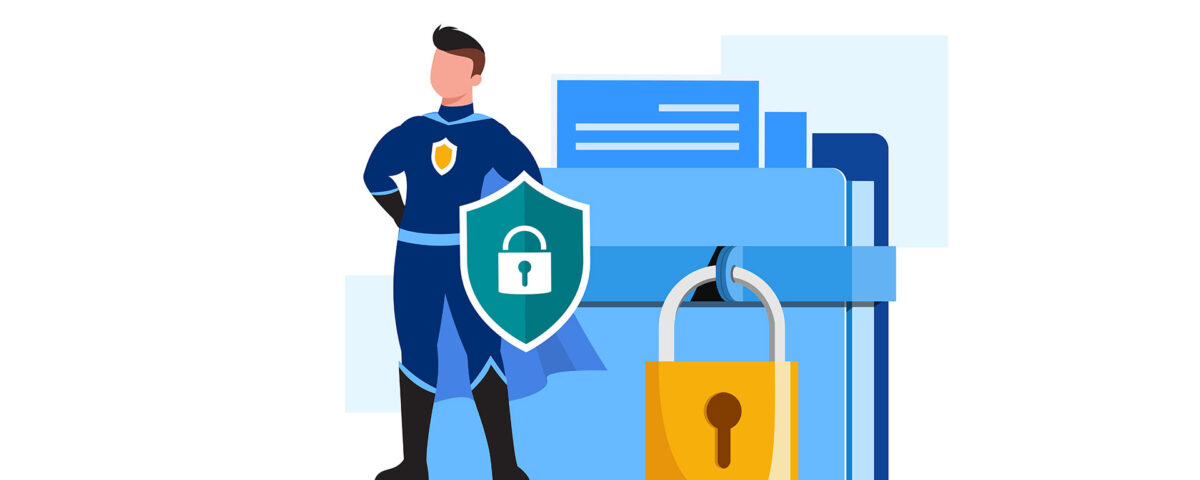Domain Authority measures a website’s credibility and influence within its niche. Several factors contribute to a website’s Domain Authority, and understanding these elements can help improve your websites search engine ranking potential. […]
Domains
Don’t Get Fooled by Lookalike Domains: A Cybersecurity Wake-Up Call
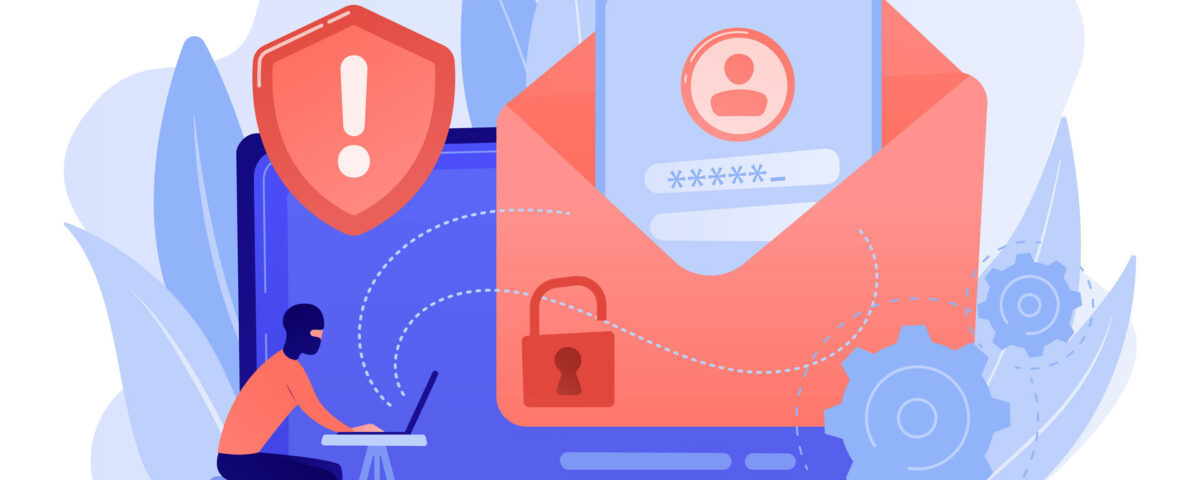
Hackers are getting smarter, but with a little caution, you can stay one step ahead. Lookalike URLs are a clever trick, but they rely on you overlooking the details. By slowing down, inspecting links, and practicing good cybersecurity habits, you can protect yourself from falling into their traps. […]
Simplify Your Checkout Process with HTTP 402 Status Codes: No-Subscription Website Payments

The internet has made it easier than ever to share information, create content, and build tools. But accepting payments online is still surprisingly hard. Whether you’re a small business, a developer, or a content creator, you’ve probably faced this problem. Most payment systems require users to create accounts, enter personal details, and go through slow approval processes. On top of that, payment […]
The Growing Value of Domain Names as an Asset Class

The acquisition of high-value domain names is no longer just for tech giants and startups—it is a growing trend among businesses of all sizes, as well as individual investors. As more companies recognize the value of owning a premium domain, the market for domain names continues to mature, offering both practical and financial rewards. […]
Domain Age: A Critical Factor or an Outdated Metric?

Domain age is often considered an important factor in determining a website’s success. It is frequently used as a metric to gauge a site’s credibility and SEO (Search Engine Optimization) ranking. Domain age refers to the length of time a website has been registered and maintained, but the question remains: Does domain age really matter? […]
Optimize Your Domain Portfolio with These 6 Free Research Tools

Effectively evaluating the value of a domain name requires leveraging various tools and resources to gain comprehensive insights. From checking domain registration and ownership through the ICANN Lookup to analyzing backlinks with the Free Backlink and DR Checker, each tool offers unique benefits that can enhance your understanding of a domain’s worth. […]
Secure Your Brand Name on the Blockchain with Coinbase ID: Here’s How
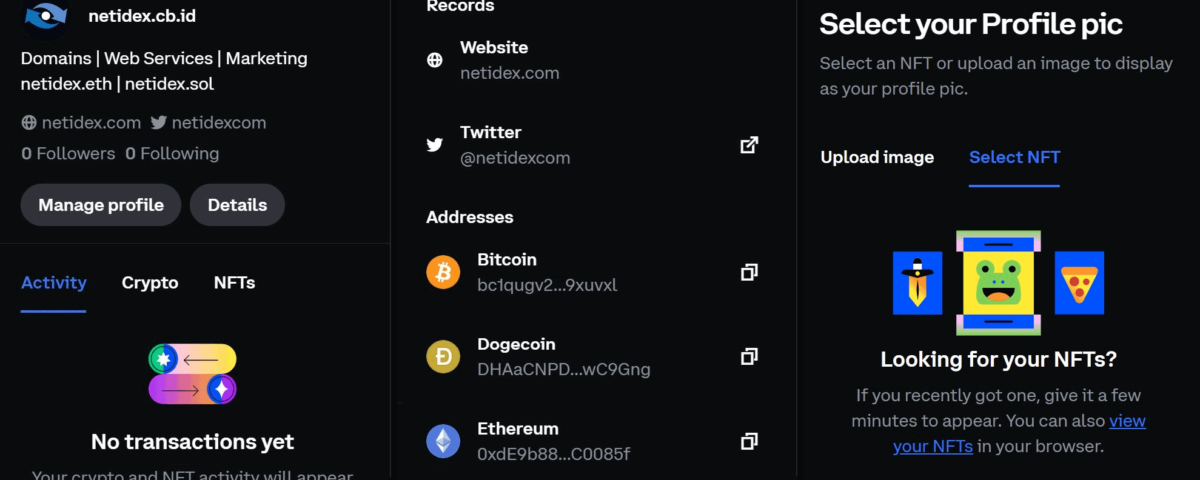
Securing a Coinbase ID (cb.id) is a simple way to manage your crypto identity across different blockchains. Unlike ENS (.eth) usernames, which are mainly tied to Ethereum, cb.id works with multiple blockchains, making it a more flexible choice. […]
SNS Essentials: How to Setup a Domain and Resolve Your Website
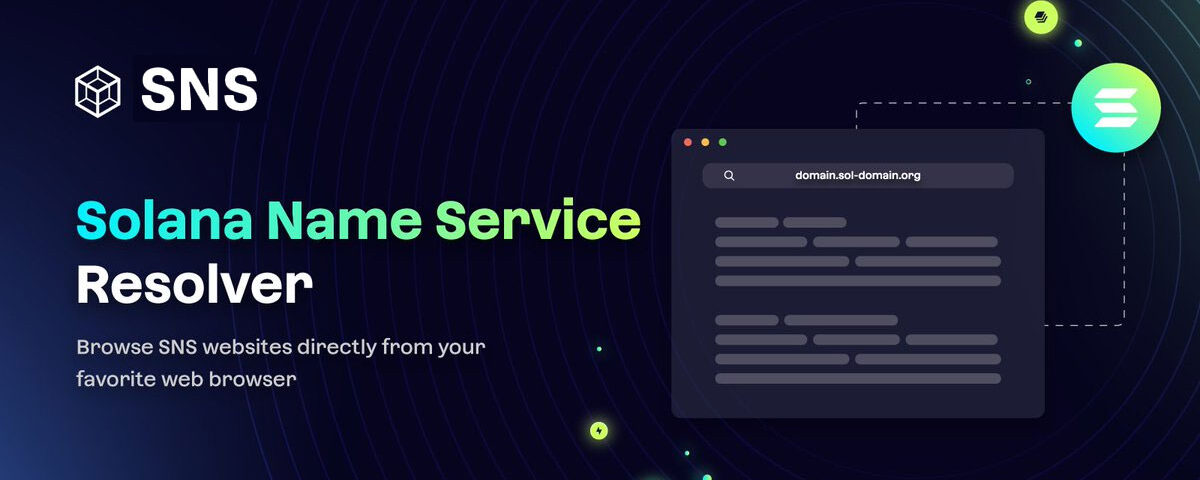
The Solana Naming Service (SNS) simplifies blockchain interactions by allowing users to replace complex addresses with easy-to-remember names. This helps build a recognizable digital identity on the blockchain, which is beneficial for branding and trust in digital interactions. […]
ENS Essentials: How to Set Domain Records and Create a Brand Profile
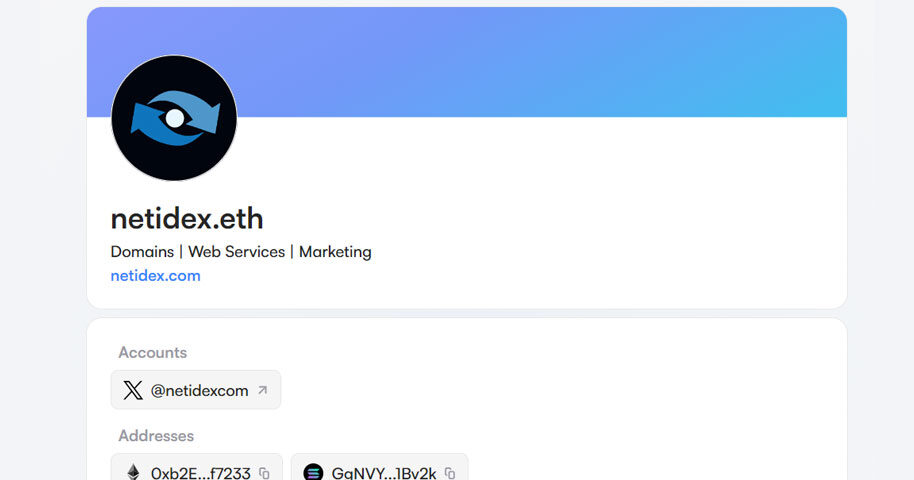
Ethereum Name Service (ENS) stands as a powerful tool, offering users the ability to simplify interactions with blockchain addresses through human-readable names. By leveraging the Ethereum blockchain, ENS ensures greater security, transparency, and resistance to censorship compared to traditional systems. […]
Is It Worth Running Your Own Nameserver? Here’s What You Need to Know

Deciding whether to run your own nameserver depends on your needs, resources, and technical expertise. For most people, the convenience and reliability of using a domain registrar’s DNS management services outweigh the benefits of running their own nameserver. The cost, technical knowledge required, and ongoing maintenance are significant considerations that can make this task daunting. […]
